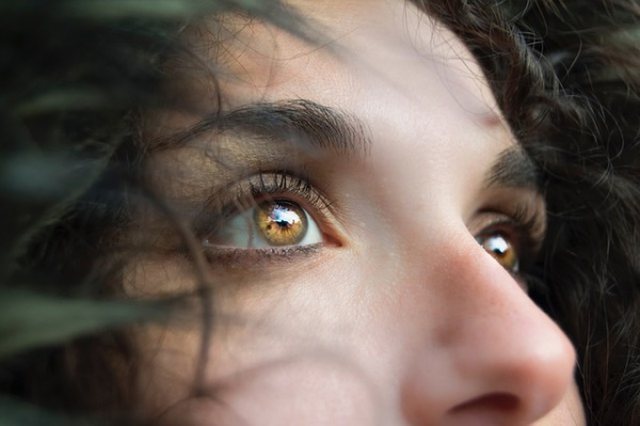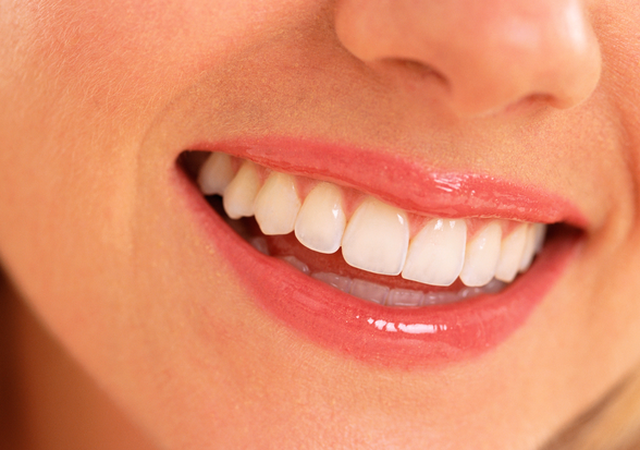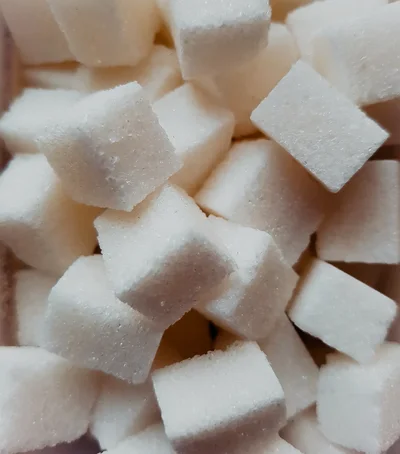
Collagen - so much mentioned in advertisements and in beauty magazines, in the advice of specialists, is a very important product in our body. If the body lacks this vital protein, the signs are obvious.
What is collagen?
There are a total of over 20 different types of collagen in our body. Groups have specific functions. For example, some types of collagen are necessary for maintaining the health of internal organs, while another type is necessary for soft skin.
There are a number of reasons that indicate if the body lacks collagen. The first is related to skin wrinkling with age. Another reason why collagen begins to be less and less in the body is the excessive exposure to the sun. Tissue diseases and autoimmune diseases such as lupus and rheumatoid arthritis can cause a significant decrease in collagen in the body.
Is your body lacking collagen?
Because collagen can appear in multiple systems in the body, the telltale symptoms can also be several:

tooth
Collagen is very important for the gums. Without enough collagen, gums can begin to recede and teeth to loosen. Signs are usually toothaches, more sensitive teeth, and even early tooth loss.

Muscle
Like cartilage, muscles need collagen to be strong. Those suffering from collagen deficiency often complain of muscle pain and bone pain.

locks
One physical element that reveals you have a collagen deficiency is your hair. Collagen fills the space around the hair follicles. When there is not enough collagen, the hair is thin, weak and slowly begins to fall out. Collagen also fights free radicals that damage the scalp and inhibit hair growth.

Wrinkles
Collagen gives strength to skin cells. It is therefore no wonder that a lack of collagen causes skin dryness, lack of elasticity and the formation of wrinkles over time. As you know, collagen production in the body decreases with age, but UV radiation and other free radicals significantly accelerate the formation of wrinkles.

CELLULITIS
Surprisingly, cellulite is not just a lack of fluid under the skin. It is also caused by a lack of collagen, because without this special protein, the skin begins to form wrinkles and pits. When collagen levels are low, thinner, weaker skin builds up more excess fluid compared to skin in other areas of the body.
Now that you know what the signs are that your body lacks collagen, you can start taking the necessary steps to avoid this deficiency. Fortunately, there are a number of treatments, foods, and even beauty products that increase the amount of collagen in the skin.
Just keep in mind that as you age, the level of collagen production declines. If you suspect that the lack of collagen may be caused by any disease, then seek medical help.





